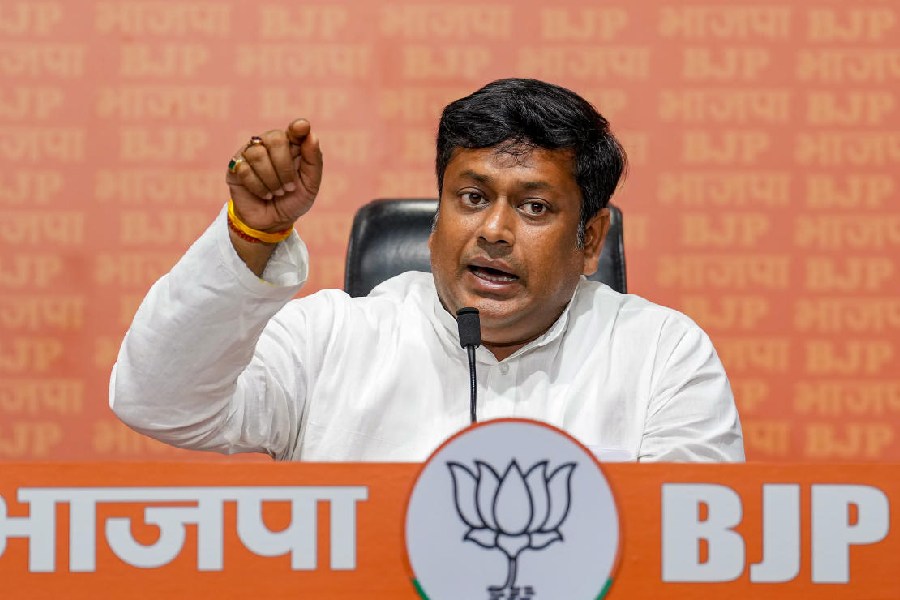Book: MISTER, MISTER: A NOVEL
Author: Guy Gunaratne
Published by: Tinder
Price: Rs 899
“Mister, I have lost my tongue.” Guy Gunaratne’s book begins with this sentence to sketch the life of a young poet who has given himself to writing about his life as a son, a jihadi, and an idiot in Great Britain. Written as a letter, or a speech to a British official addressed as ‘Mister’, the novel is set in the years between 1990-2005 when Yahya Bas was born to a white mother and an Iraqi father who had disappeared from the scene. Yahya recounts his days of growing up with not one but several mothers in one of East London’s dilapidated ayah centres. There is uncle Sisi Gamal, the only man in the house, who grunts at Yahya’s physical disfigurement and introduces him to poetry from their ancestral land. It is the reading time with his uncle that cements his love for poetry and imbues in him the power he would unleash in the years to come.
With six chapters across two parts, the story is told in 185 sections, each with a title capturing the character’s poetic imagination. By making his protagonist a poet inciting hate over beauty, Gunaratne attempts to capture the generational angst of the ‘ugly Other’ that has gone unnoticed by dominant narratives. To tickle the Western eye, Gunaratne chooses a character doomed from the beginning. He also makes the reader pause and reflect on their hatred for a man who writes,
“That the red and blue may burn,” patiently drawing them into his lived experience.
Interestingly, Yahya’s history, experiences in the United Kingdom, and his travel to Syria echo Salman Rushdie’s The Satanic Verses. Both novels skilfully explore the identity crises that an outsider faces in a white nation with an imperial history. Yahya’s relationship with god seems as volatile as that of Rushdie’s Gibreel Farishta.
Despite the force with which the story is told, the novel is fragile. In the hands of a reader with preconceived notions about a violent Islam and an equitable West, Mister, Mister may evoke apathy, even antipathy, thereby losing its objective of making readers aware of a world they have closed their doors on. What Gunaratne’s fiction presents is the story of man whose life has gone through tumultuous experiences, a man who has failed at many fronts — even morally. But beneath these layers of contesting turmoil lies the essence of the tale of a man who has undergone familial abandonment, bodily disfigurement, and cultural alienation in a particular time and space.










